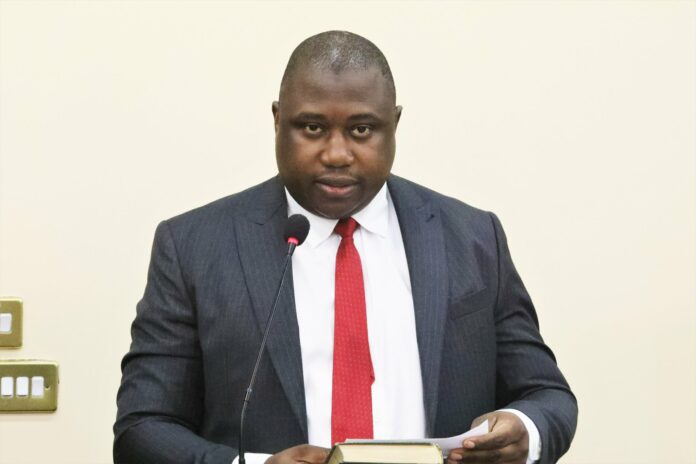In The Gambia, to my recollection, the Minister of Justice has always held the post of Attorney General and has always been a member of the Cabinet. For the sake of clarity, these are two separate positions held by one person. However, both positions have a mandate to promote and protect the rule of law.
There are responsibilities that clearly belong to the Minister of Justice, while others clearly belong to the Attorney General. For example, the Minister of Justice is responsible for developing justice policies and providing advice on the compliance of certain government actions or bills with the law. While the Attorney General is responsible for conducting litigation on behalf of the government and giving legal advice to Cabinet.
As a member of Cabinet (political appointment), it is reasonable to say that the Minister of Justice’s loyalty lies with his/her boss, the President. Due to this loyalty, it is also reasonable to conclude that he/she would be inclined to be biased against the President’s political opponents. It’s called “job security!” And as Justice Minister/Attorney General, given the partisan nature of our politic, he/she will be tempted to go after the president’s political opponents. This was the case under APRC rule. Goloh virtually used all the Minister of Justice/Attorney General he appointed as a sledgehammer to paralyze his political opponents.
I am not sure if that is your case, but I consider that the combined roles (Minister of Justice/Attorney General) as a conflict of interest! I believe it is high time for us to reconsider splitting the roles to try to minimize any potential abuse. The Minister of Justice is a political appointee, as pointed out above, and they may be motivated to use their prosecutorial powers (as Attorney General) against the president’s political rivals. It also includes future presidents, unless those two powers are separated! “Power tends to corrupt; and absolute power corrupts absolutely.”




